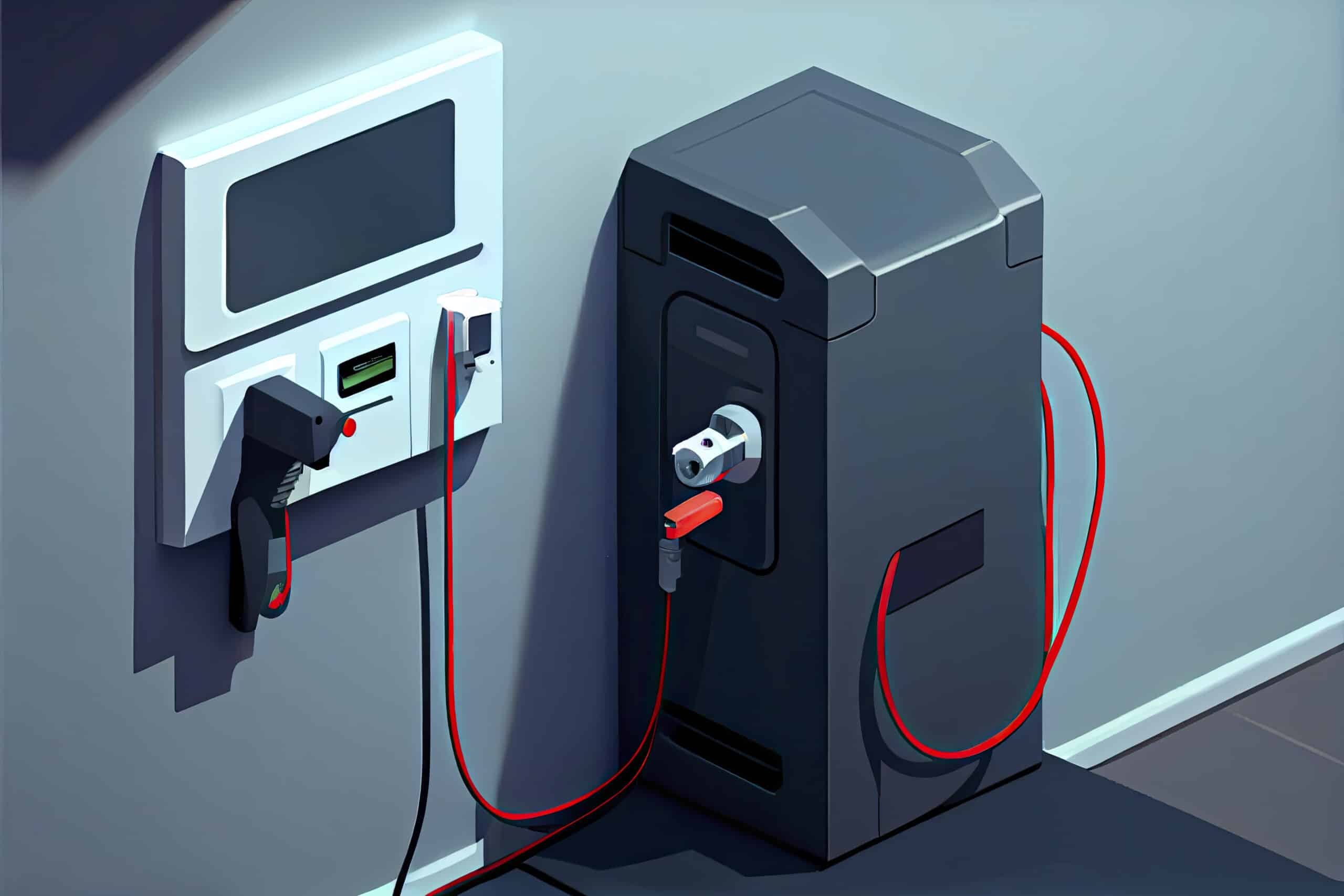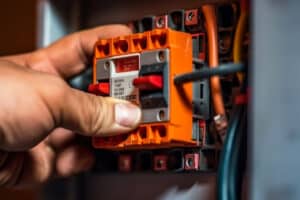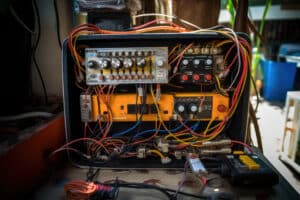How Many Watts Do You Need for a Home Generator?
Key Takeaways
- The wattage of a home generator is crucial to determine the power output and the number of appliances and devices it can run simultaneously during a power outage.
- Calculating the wattage for a home generator can be done by considering the rated and surge watts of the appliances, adding up the running watts and starting watts, and using online generator wattage calculators.
- When choosing a home generator, it is important to consider future power needs, implement energy-saving practices, and seek professional assistance if needed.
When it comes to choosing a home generator, one of the most important considerations is determining the right wattage. The wattage of a generator refers to its power output, and it determines how many appliances and devices you can run simultaneously during a power outage. To ensure that your generator can meet your household’s power needs, it’s crucial to calculate the appropriate wattage. In this article, we will explore different methods and tools to help you determine how many watts you need for a home generator.
Calculating Wattage Using Rated and Surge Watts
One popular method for calculating generator wattage involves considering the rated and surge watts of the appliances you want to power. Rated watts refer to the continuous power consumption of an appliance, while surge watts indicate the additional power required during startup. By adding up the rated watts and surge watts of all the appliances, you can determine the total running watts and starting watts required.
According to the information provided by Omnicalculator, to calculate the wattage for a home generator using this method, follow these steps:
- List all the electronic appliances in your home that you want to power during a power outage.
- Note down the rated watts and surge watts of each appliance. This information can usually be found on the manufacturer’s label or in the appliance’s user manual.
- Add up all the rated watts to find the total running watts required.
- Identify the appliance with the highest surge watts and add that number to the total running watts to determine the total starting watts your generator needs to provide.
Once you have calculated the total running watts and starting watts, you can use a generator wattage calculator to verify your calculations. These online tools, like the one offered by Generatorist, allow you to input the wattage requirements of your appliances and provide an estimate of the generator size you may need.
Using a Whole House Generator Sizing Calculator
Another approach to determining the wattage for a home generator involves using a whole house generator sizing calculator. As mentioned by Generator Grid, these calculators take into account the size of your home and the appliances you plan to power. They provide an estimate of the generator size in kilowatts or watts that you may need to power your entire house.
Whole house generator sizing calculators consider factors such as the square footage of your home, the number of rooms, and the type of appliances you have. By providing this information, the calculator can offer a more accurate estimate of the generator capacity required to meet your power needs. However, it’s important to note that these tools are just estimates and should be used as a starting point.
Considerations and Recommendations
Calculating the wattage for a home generator is a crucial step in ensuring that you have enough power during a power outage. However, it’s essential to consider a few additional factors to make an informed decision:
- Future Power Needs: Think about any potential changes or additions to your household appliances in the future. If you anticipate purchasing new devices or expanding your home, it’s advisable to choose a generator with a slightly higher wattage to accommodate these future needs.
- Efficiency and Energy Conservation: Consider ways to reduce your power consumption during a power outage. Unplugging unnecessary electronics, using energy-efficient appliances, and implementing energy-saving practices can help you optimize the performance of your generator.
- Professional Assessment: If you’re unsure about the wattage requirements or need assistance with generator selection, consulting a professional electrician or generator specialist can provide personalized guidance based on your specific needs and circumstances.
Conclusion
Determining the wattage for a home generator involves considering the rated and surge watts of the appliances you want to power. By adding up the running watts and starting watts, you can calculate the total wattage required. Additionally, using whole house generator sizing calculators can provide estimates based on the size of your home and the appliances you plan to power.
Remember to consider future power needs, explore energy-saving practices, and seek professional assistance if needed. By making an informed decision about the wattage of your home generator, you can ensure that your household remains powered during unexpected power outages.
Related Websites:
FAQs:
Q: Why are home generators important?
Home generators provide backup power during emergencies or power outages, ensuring that essential appliances and devices can still function. This helps maintain a comfortable and safe living environment, allowing you to stay connected and powered up when you need it the most.
Q: How do I determine the appropriate wattage for a home generator?
To determine the appropriate wattage for a home generator, you need to consider your power needs. Make a comprehensive list of the appliances you would like to power during an outage and calculate their individual wattage requirements. This will help you choose a generator that can meet your specific power demands and provide sufficient backup power.
Q: What factors should I consider when assessing my power needs?
When assessing your power needs, consider factors such as the size of your house, the number of occupants, and your lifestyle. Additionally, identify essential appliances like refrigerators, heaters, air conditioners, and sump pumps, and determine their typical wattage requirements. This will give you a better understanding of your overall power needs.
Q: How do I calculate the total wattage needed for my home generator?
To calculate the total wattage needed for your home generator, add up the individual wattage requirements of all the appliances you want to power. You can use online resources or energy calculators to simplify the calculation process. It’s essential to consider both starting and running wattage for certain appliances to ensure your generator can handle the initial power surge.
Q: What are the different generator sizing options?
There are different sizes and capacities of home generators available in the market. Smaller portable generators offer flexibility and ease of use, while larger standby generators provide more power and are permanently installed. Choose the appropriate generator size based on your calculated total wattage to ensure it can meet your backup power requirements.






